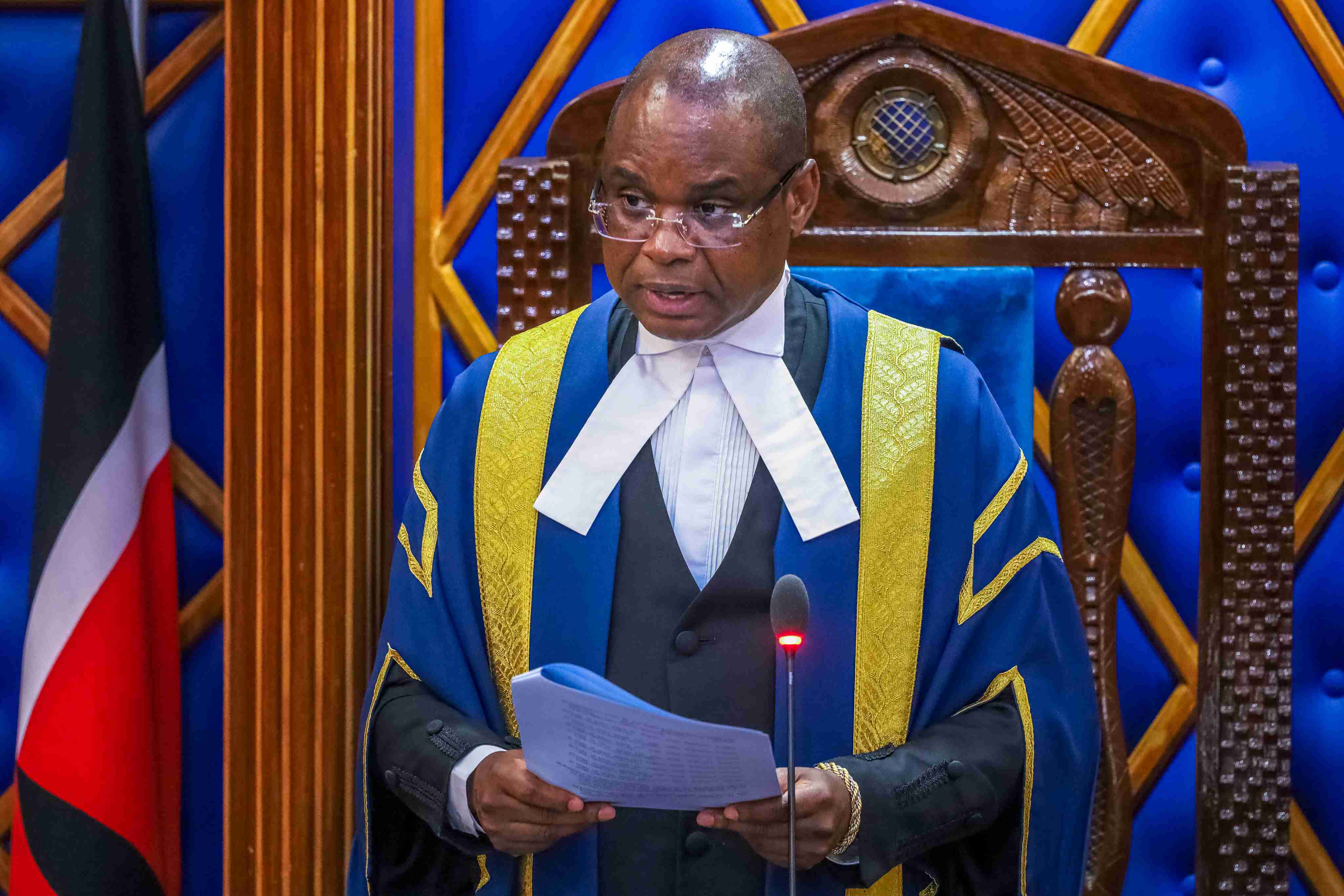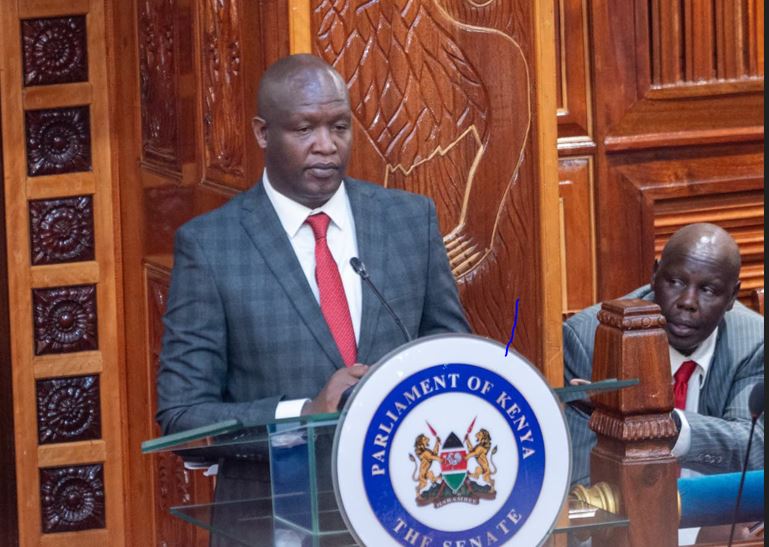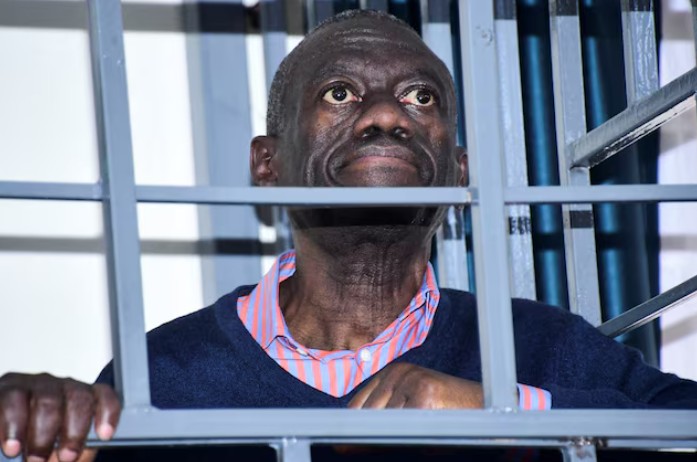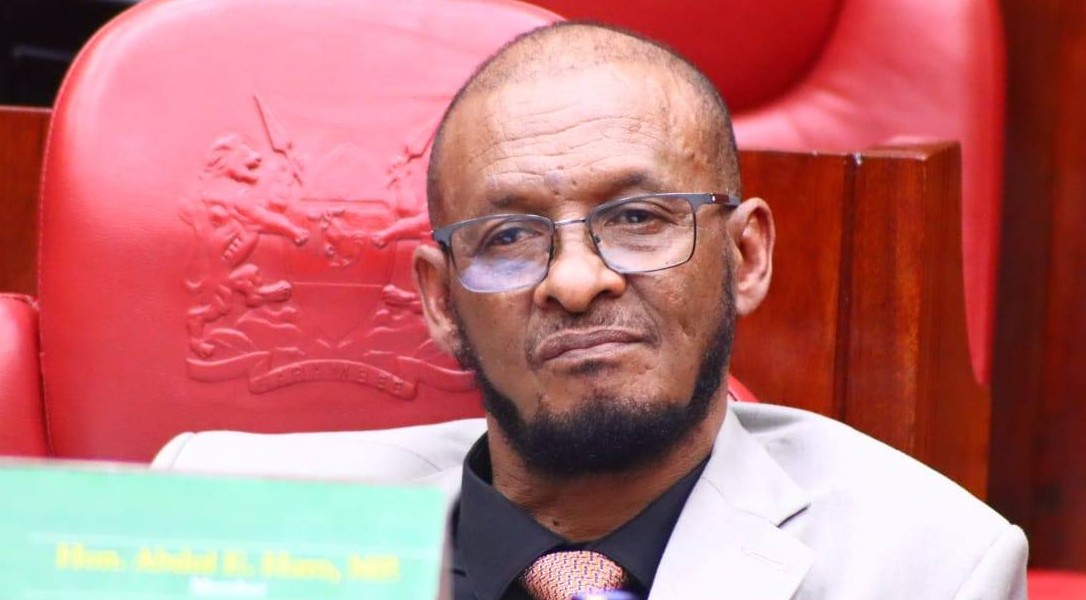2.1 billion people still without safe drinking water - UN report
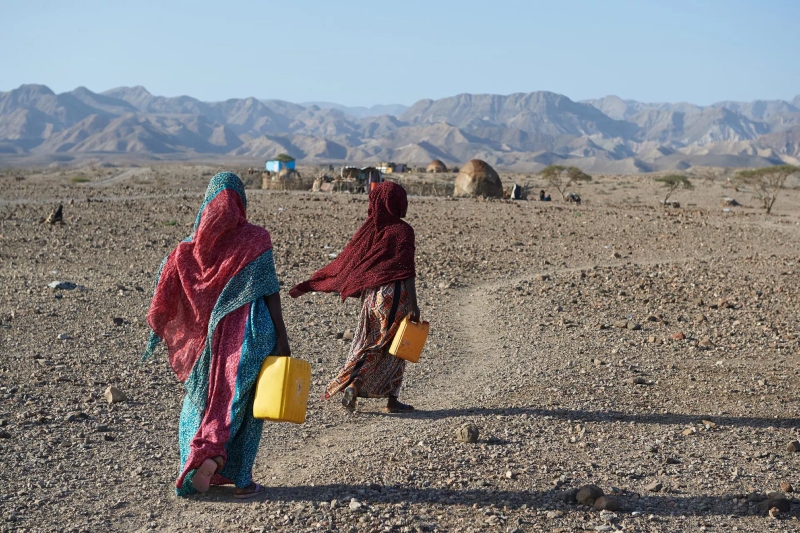
The report found that 3.4 billion people live without safe sanitation globally, including 1.9 billion with basic services, 560 million with limited services and 354 million who still defecate in the open.
A new joint report by the World Health Organisation (WHO) and the United Nations Children's Fund (UNICEF) has revealed that one in four people worldwide, approximately 2.1 billion, still do not have access to safe drinking water.
The report, 'Progress on Household Drinking Water and Sanitation 2000-2024: Special Focus on Inequalities', shows that while there has been progress since 2015, billions remain without basic services.
"In 2024, 2.1 billion people still lacked safely managed drinking water services, including 1.4 billion with basic services, 287 million with limited services, 302 million with unimproved services and 106 million with drinking surface water," the report, released in Stockholm, Sweden, on Tuesday during the ongoing World Water Week 2025, read in part.
More To Read
- African governments urged to boost funding as NCD crisis deepens
- Climate change: How global water crisis could cost trillions
- Somalia water crisis: Funding cuts leave 300,000 without safe water as cholera cases surge
- Nairobi water announces water rationing in 15 estates, major institutions amid pipeline fault
- Your phone is covered in germs: Tech expert explains how to clean it without doing damage
- Mombasa leads Kenya’s mpox outbreak as MoH, WHO step up response
The report also found that 3.4 billion people live without safe sanitation globally, including 1.9 billion with basic services, 560 million with limited services and 354 million who still defecate in the open.
Another 1.7 billion people have no access to hygiene at home, and 611 million of them do not even have simple hand-washing facilities.
"In 2024, three out of five people had safely managed sanitation services, but people living in least developed countries were nearly twice as likely to lack access," the report.
Similarly, the report found that in countries facing conflict, safe drinking water access is 38 percentage points lower than in stable nations.
According to the findings, clean water coverage in rural areas has grown from 50 per cent in 2015 to 60 per cent in 2024, while access to basic hygiene has jumped from 52 per cent to 71 per cent. However, the report notes that progress has been slow in urban areas.
Similarly, the report also highlights the heavy toll on women and girls, who are often the ones walking long distances to fetch water, in some cases more than half an hour each day. Poor sanitation has also forced many girls to skip school during their periods, according to the report.
"Water, sanitation, and hygiene are not privileges; they are basic human rights. We must accelerate action, especially for the most marginalised communities, if we are to keep our promise to reach the Sustainable Development Goals," said WHO's environment chief, Ruediger Krech.
"When children lack safe water and sanitation, their health, learning and future are at risk. The impact is especially heavy on girls, who often carry the biggest burden," added UNICEF's director of water, sanitation and hygiene, Cecilia Scharp.
According to the report, without urgent action, the world will miss the UN goal of safe water and sanitation for all by 2030.
Top Stories Today



